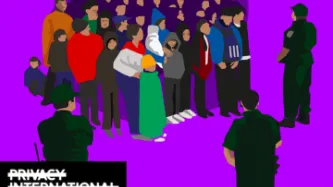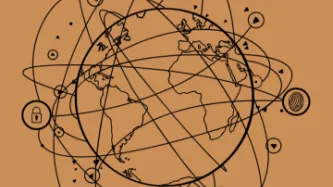Search Taxonomy Terms
Scrutinising the global counter-terrorism agenda
Increasingly counter-terrorism strategies and policies are decided at the international level, most notably by the UN Security Council, and are used to erode human rights, with no accountability.
State Sponsors of Surveillance: The Governments Helping Others Spy
Powerful governments are financing, training and equipping countries — including authoritarian regimes — with surveillance capabilities.
Challenging the Drivers of Surveillance
Powerful countries encourage and enable other governments to deploy advanced surveillance capabilities without adequate safeguards.
Secret surveillance networks
Governments share our data amongst each other.
![White House (Pete Souza) Maison Blanche (Pete Souza) [Public domain]](/sites/default/files/styles/teaser_small_x1/public/2020-02/White%20House%20%28Pete%20Souza%29%20%20%20Maison%20Blanche%20%20%28Pete%20Souza%29%20%5BPublic%20domain%5D.jpg.webp?itok=_CifTyeV)


